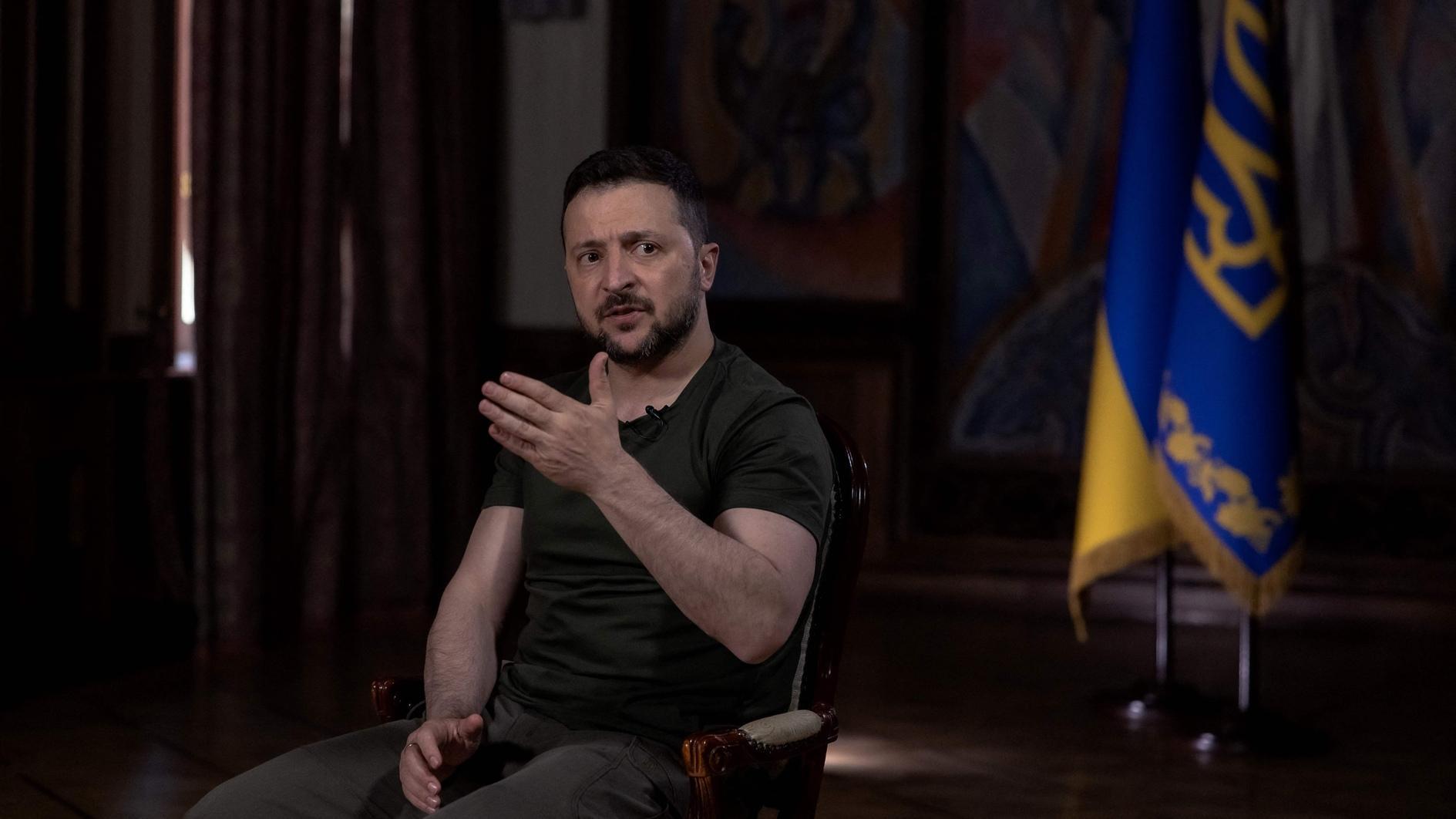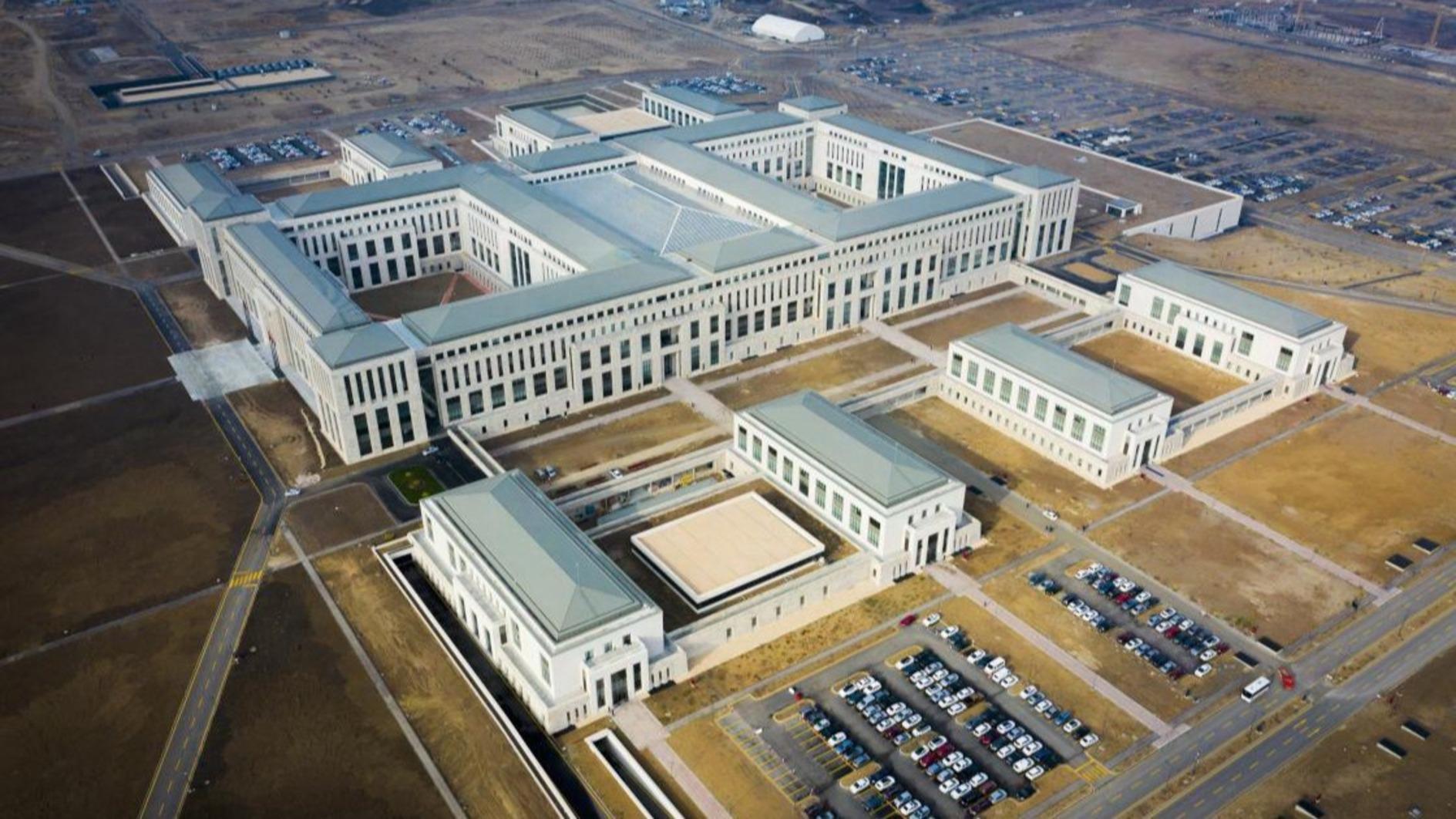Developed and developing countries tussle on its focus: trade or aid?
HANY BESADA - EVREN TOK
This spring’s meeting of the United Nations Conference on Trade and Development in Doha, Qatar, and its predecessor almost four years ago in Accra, Ghana, were positive for developing countries because their final outcome documents succeeded in convincing developed countries that trade is no end in itself, but a means for development.But the 13th UN Conference on Trade and Development in Qatar, from April 21 to 26, also showed serious ideological tensions among developed, developing, and emerging countries.
Going forward, as the world continues to recover from the economic crisis, to what extent does UNCTAD’s agenda rest on a strong, global consensus, and does it really foster optimism?
The conference promotes the integration of developing countries into the world economy. It’s a forum for governments to talk to each other. It does research and policy analysis. And it gives technical help to developing countries.
Among the tools that foster optimism, two concluding documents from the event, the Doha Mandate and the Doha Manar reinforced UNCTAD’s crucial role and commitment to inclusive development.
The Doha Mandate stated that “finance should support the real economy [toward] sustained, inclusive and equitable economic growth and sustainable development.” The UN trade and development conference would be the focal point for the integrated treatment of trade and development in the delivery of meaningful results, and promotion of complementary relationships with other international organizations.
The Doha Manar, a political declaration, acknowledged “the need to strengthen UNCTAD and the impact of its work by enhancing its efficiency, effectiveness, transparency, accountability, and partnerships.”
A second area of optimism is the multifaceted focus of UNCTAD on emerging economies, civil society, south-south co-operation, and innovative forms of aid.
Roadblocks
Sources of risk primarily stemmed from diverging expectations about the future role of UNCTAD. Although the documents highlighted above reflect a final consensus, differing interests and expectations continue to be a risk for the future.
Developed countries, especially the grouping of the US, Japan, Canada, Australia, and Switzerland called JUSSCANZ, and the European Union wanted to change the mandate of the conference, arguing that it should only focus on finance, trade, and macro-economic issues.
But China and the G77 developing-country group defended UNCTAD’s role, arguing that it was established in response to the current and emerging challenges developing countries face.
Another risk to the conference’s development agenda stems from the troubling trend of declining development assistance from traditional donor economies. The recent financial crisis, changing political priorities, and renewed fiscal austerity have sparked sharp cuts to the foreign aid budgets of many traditional donors.
The Canadian government, for example, announced plans to slash Canada’s aid budget by nearly $380 million over the next three years.
Similar cuts are hitting traditionally generous countries: the United States, Norway, and Sweden.
Given the declining aid trend, it’s unclear whether developed economies will welcome UNCTAD’s new agenda as a source of hope toward the future of development co-operation, or whether donor fatigue and domestic concerns in the aftermath of the financial crisis will keep sidelining international efforts and limit optimism towards achieving a new development agenda.
So the answer to whether UNCTAD’s agenda rests on a strong consensus and fosters optimism is both “yes” and “no.”
The Doha Mandate and Manar both deserve to be celebrated. The active engagement of some of the BRICS (Brazil, Russia, China, and South Africa) and other emerging nations was critical in shifting the balance and preserving the basic role of UNCTAD in the conference.
But tense negotiations and the diverging interests showed that taking the progressive agenda forward is going to be constantly challenged as the diverging JUSSCANZ interests, BRICS expectations, and concerns of the developing world become more resonant.
It will be absolutely necessary that future negotiations understand the new roles and identities being formed by emerging countries, new private partners, and international organizations, to ensure that the post-Doha arena will continue towards a brighter tomorrow.
*Hany Besada is the theme leader and senior researcher on governance of natural resources with the North-South Institute in Ottawa. Evren Tok is an assistant professor at the Hamad Bin Khalifa University, Qatar Faculty of Islamic Studies in Doha, Qatar.











